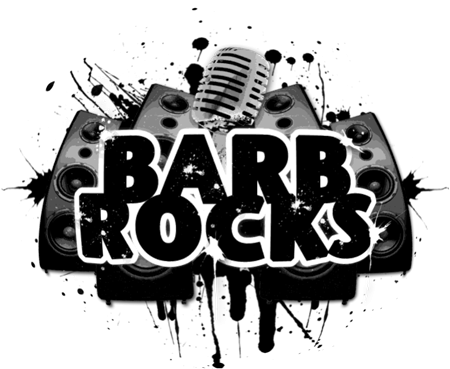How To Stand Out: A Guide to Getting Discovered as a Musician
Image via Pexels
When you’re a musician, there’s nothing more fulfilling than seeing your hard work come to life on stage, in a recording, or on screen. It’s easy to get lost in the shuffle of a saturated industry, but there are tips and tricks that can get you discovered. Here are some of the many music fields to consider, designing a brand identity, getting email subscribers, and more. Let’s get you on track to making a name for yourself!
Choose A Field
The first step to getting discovered is to understand the different fields in which you can build a music career. Some of the most common include:
Performing live
Recording and releasing music
Composing for film and television
Working in music education
Collaborative songwriting
Once you’ve identified the right field for you, take time to research and understand the industry trends and adjust your goals accordingly.
Write A Business Plan
It’s essential to approach your music career as a business if you want to build a name for yourself. Writing a business plan will help you define your goals, target audience, and budget. It will also help you identify potential challenges and come up with strategies to overcome them. You can find numerous templates and resources online to go to through the process of creating your business plan. Or, you can reach out to a music business coach or consultant for guidance.
Create A Brand Identity
With a firm business plan in place, you need to create a brand identity that reflects your style and goals. This includes developing a logo, choosing a color palette, building a website, and maintaining a consistent social media presence. Your brand identity should be professional, visually appealing, and consistent across all platforms. Be sure to focus on the quality and relevance of your content rather than the number of followers or likes you have. Designing a logo for your music business is crucial to building your brand and establishing a visual identity for your company. Consider the colors you choose, as they can have a significant impact on how your brand is perceived. Color tones like blue and green are often associated with calmness, security, and reliability, making them an excellent choice for conveying stability or professionalism. Warm colors, such as red and orange, are connected with energy, excitement, and passion. Factor in your musical style(s) when considering colors. Selecting the appropriate colors and creating a well-designed logo will help your music business stand out from the competition and establish a strong visual identity that customers will remember!
Use Social Media Strategically
Social media is a powerful tool for getting discovered in the music industry. But it’s essential to use it strategically to reach your target audience and engage with them authentically. Choose the right platforms based on your goals and target audience, and create and share high-quality content regularly. You’ll also need to interact with your followers while using hashtags and analytics to measure your performance. The key is to be consistent, authentic, and creative at every step.
Build An Email List
Email marketing is another effective way to build a name for yourself. The ultimate goal is to build an email list of fans and followers who have given you permission to contact them. You can use your list to promote your music, tour dates, merchandise sales, and more. Remember to provide value to your subscribers by offering exclusive content, giveaways, and discounts. You can also use email marketing tools like Constant Contact or Mailchimp to automate and personalize your campaigns.
Wrapping Up
It’s challenging to get discovered as a musician, but putting in enough hard work, dedication, and strategy can drastically improve your chances of success. Implementing tips like writing a business plan and creating a brand identity will help you set the stage for a blossoming career that flourishes long-term. Just don’t forget to stay true to your authentic self, and focus on creating quality content that resonates with your target audience.
Big thanks to Charles Carpenter of Healing Sounds for this great guest blog!







